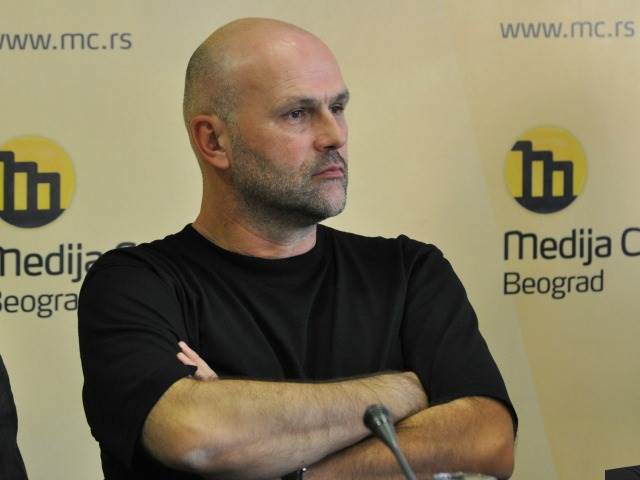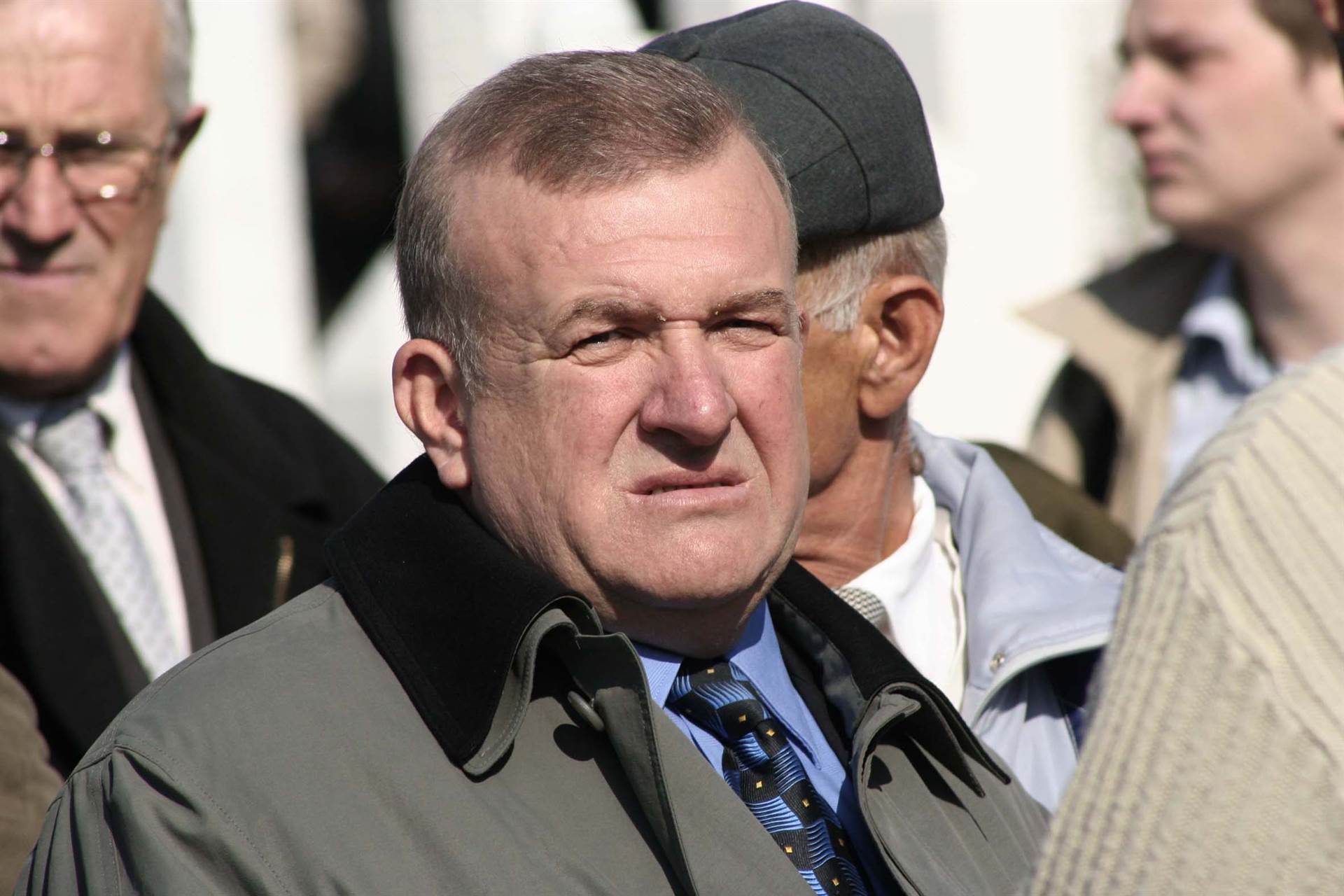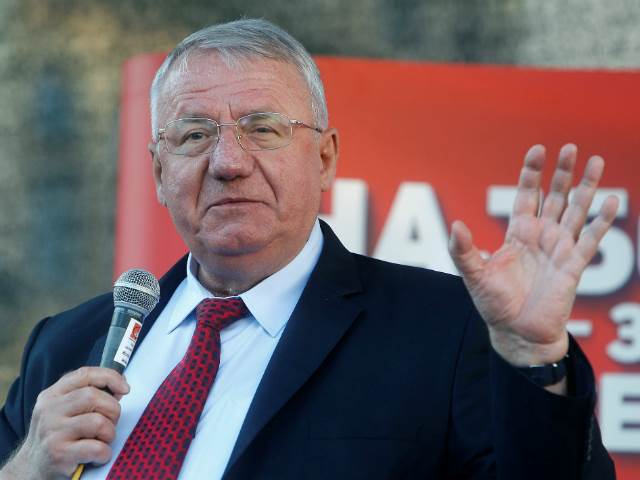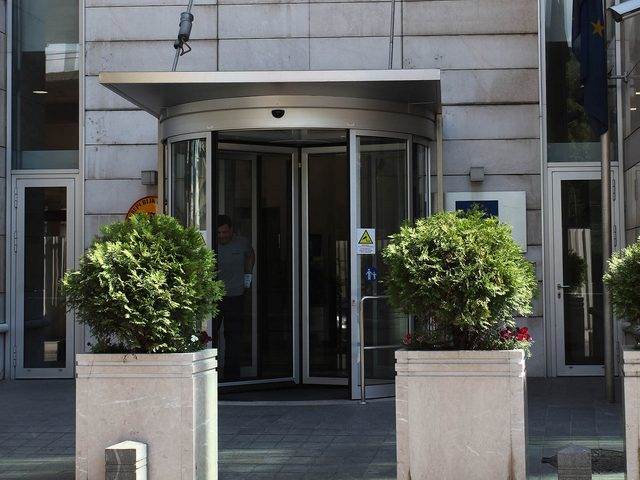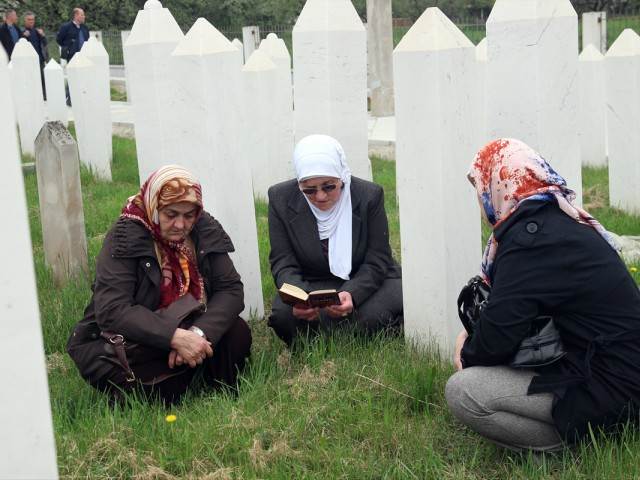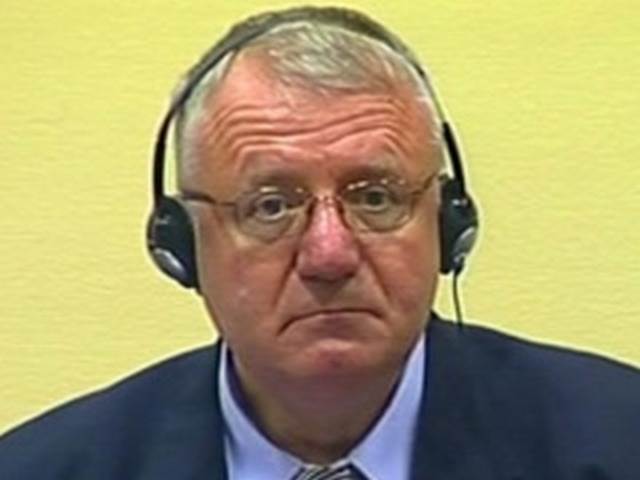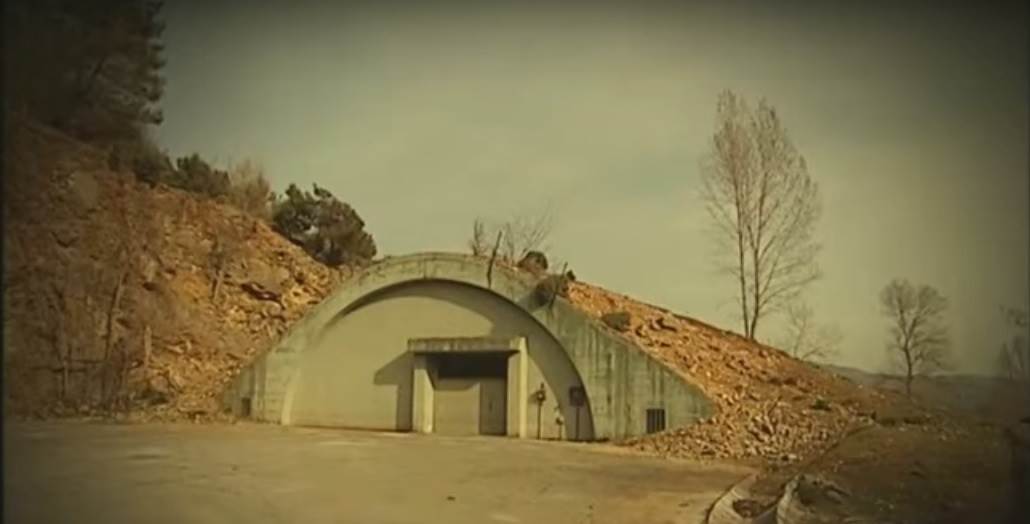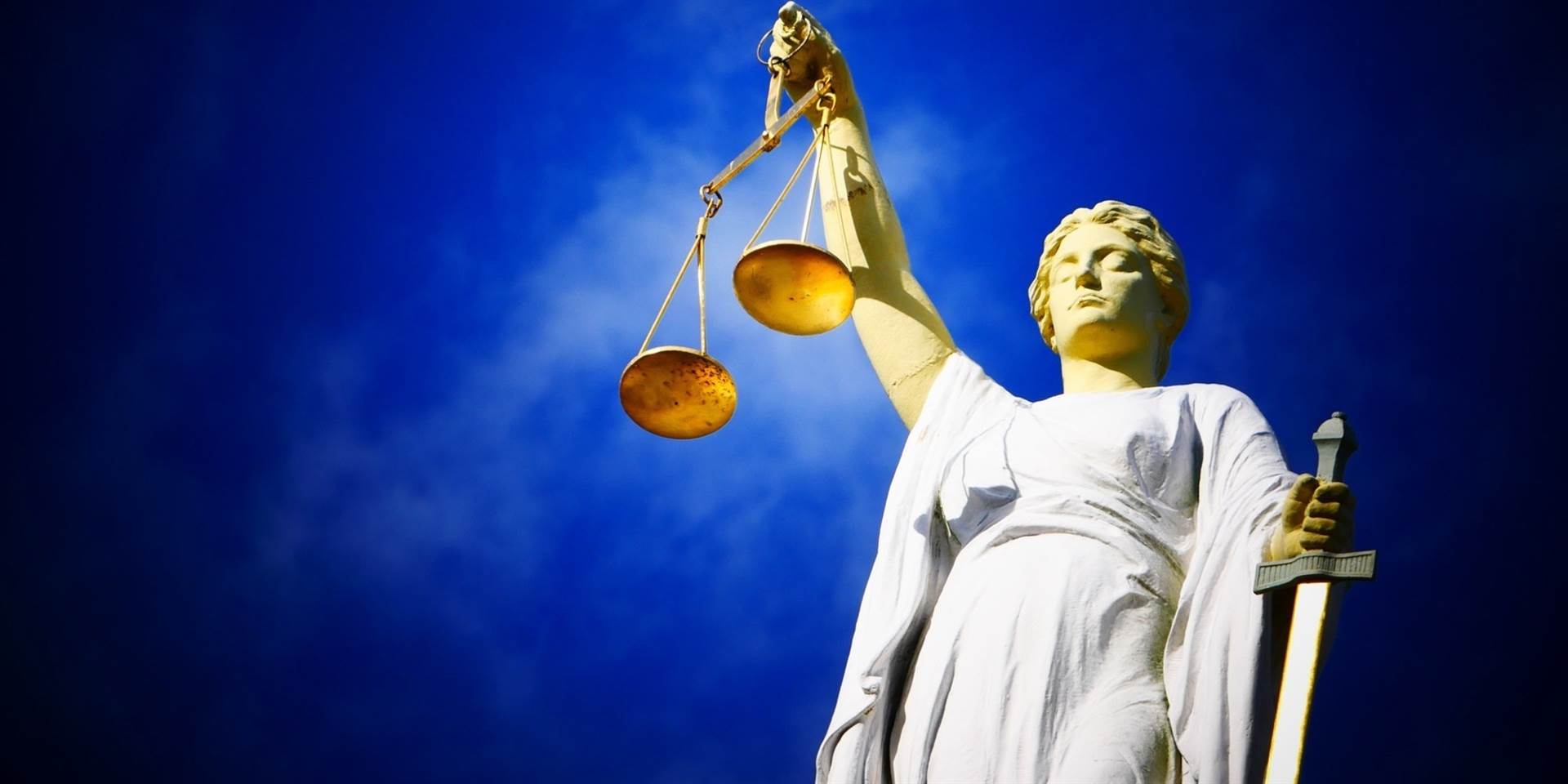The president of the Croatian Journalists’ Association quit after refusing to revoke a decision to award a reporter accused of biased coverage of Bosnian Croat military chief Slobodan Praljak’s war...
The war crimes arrest of Bosnian Army Fifth Corps ex-commander Atif Dudakovic was criticised by some Bosniak politicians but welcomed by Serbs, again highlighting the country’s ethnic divisions.
The interior ministry banned a rally that Serbian Radical Party leader Vojislav Seselj planned in the village of Hrtkovci, where he made nationalist speeches in 1992 that got him convicted...
In its latest report on former Yugoslav states, the European Commission warns about setbacks and standstills in the prosecution of war crimes and delays in access to justice for victims...
Bosnians gathered in the villages of Ahmici and Trusina to commemorate the 25th anniversary of the war crimes committed there against Bosniaks and Bosnian Croats.
Serbian Radical Party leader Vojislav Seselj said that he will not resign as an MP despite his war crimes conviction, which legally disqualifies him from sitting in parliament.
A former prison camp inmate told a Croatian court that he believed Bosnian Croat officials Marinko Maric and Zeljko Rodin, accused of war crimes against Bosniak prisoners in 1993, violently...
The Serbian war crimes prosecution’s draft strategy for 2018-2023 does not define priorities for prosecutions, indicators for measuring success, or deadlines for accomplishing objectives, rights campaigners claim.
For over a decade, war crimes prosecutors in Bosnia, Croatia and Serbia have shown little enthusiasm for prosecuting alleged criminals whose case files were sent to them by the UN...
